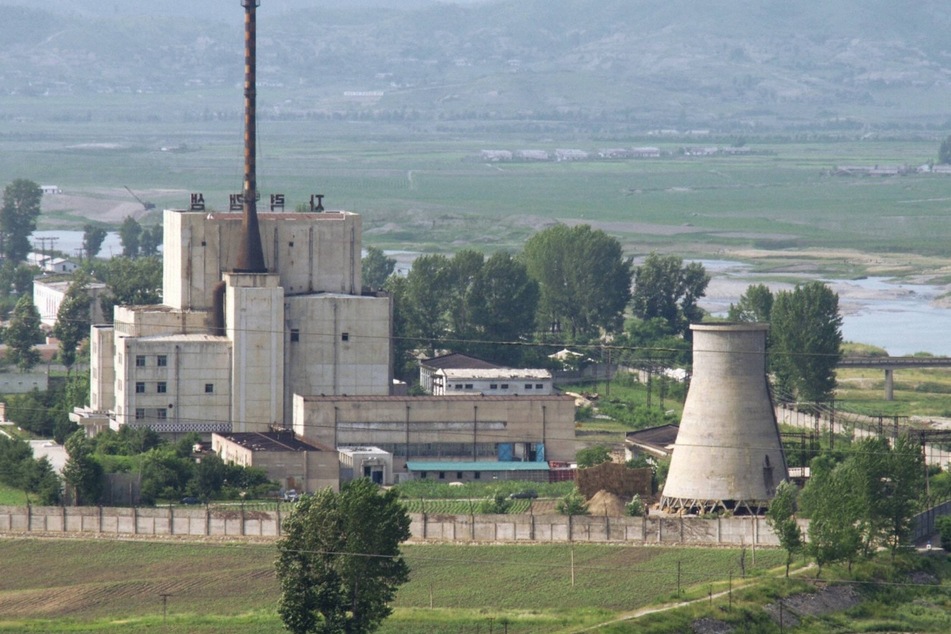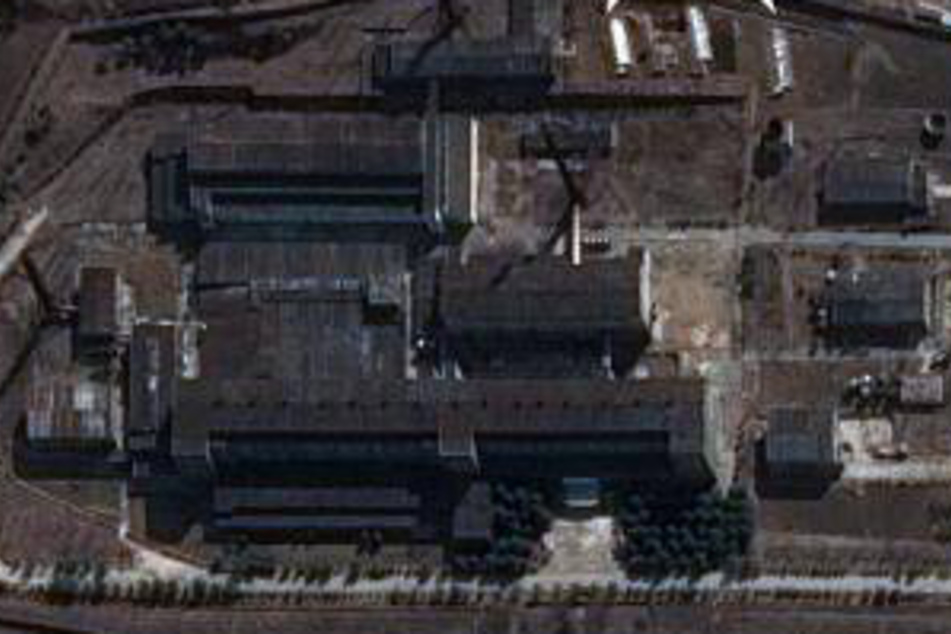North Korea reportedly activates new nuclear reactor as UN agency sounds alarm
Nyŏngbyŏn County, North Korea - A second reactor at North Korea's Yongbyon nuclear facility appears to be operational, according to the UN atomic agency.

Yongbyon is North Korea's main nuclear complex and home to its first nuclear reactor, with a five megawatt capacity, and has been the only known source of plutonium for its weapons program.
A second one – a light-water reactor – now also appears to operational, based on observations that warm water is being discharged from it, the International Atomic Energy Agency said in a statement released late on Thursday.
"The discharge of warm water is indicative the reactor has reached criticality," IAEA Director General Rafael Mariano Grossi said in a statement.
In the operation of a nuclear reactor, criticality is the state in which a nuclear chain reaction is self-sustaining, according to experts.
Since North Korea expelled its inspectors in 2009, the IAEA has been denied access to the country. The agency has since been primarily relying on satellite imagery to monitor the North.
North Korea may be producing plutonium

"Without access to the facility, the Agency cannot confirm its operational status," Grossi said.
He emphasized that "construction and operation" of the light-water reactor (LWR) was against the United Nations Security Council resolutions and "deeply regrettable".
"The LWR, like any nuclear reactor, can produce plutonium in its irradiated fuel, which can be separated during reprocessing, so this is a cause for concern," Grossi said.
Plutonium, which is a primary material for nuclear weapons, is believed to be extracted through the reprocessing of spent fuel rods produced during the operation of the first nuclear reactor at Yongbyon.
North Korea conducted its first nuclear test in 2006, and carried out its sixth and most powerful one in September 2017.
In March this year, Kim called for expanded production of "weapon-grade nuclear materials" as North Korea unveiled what appeared to be a new, smaller tactical nuclear warhead.
The country on Monday launched its solid-fuel Hwasong-18 intercontinental ballistic missile, the largest weapon in its arsenal.
Kim on Thursday also warned through the country's state media that Pyongyang will not hesitate to launch a nuclear attack if "provoked" with nukes.
Cover photo: IMAGO / Kyodo News

